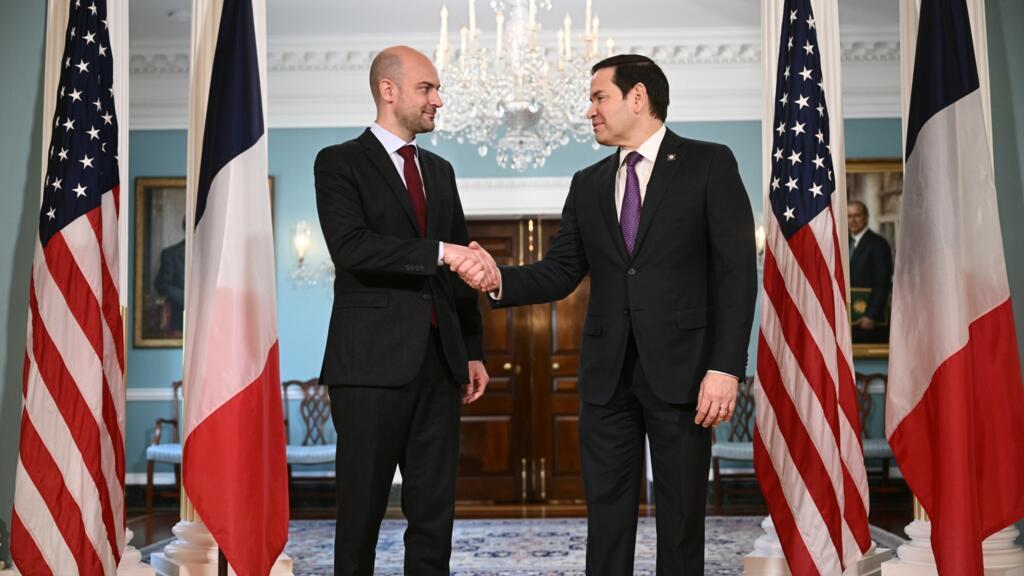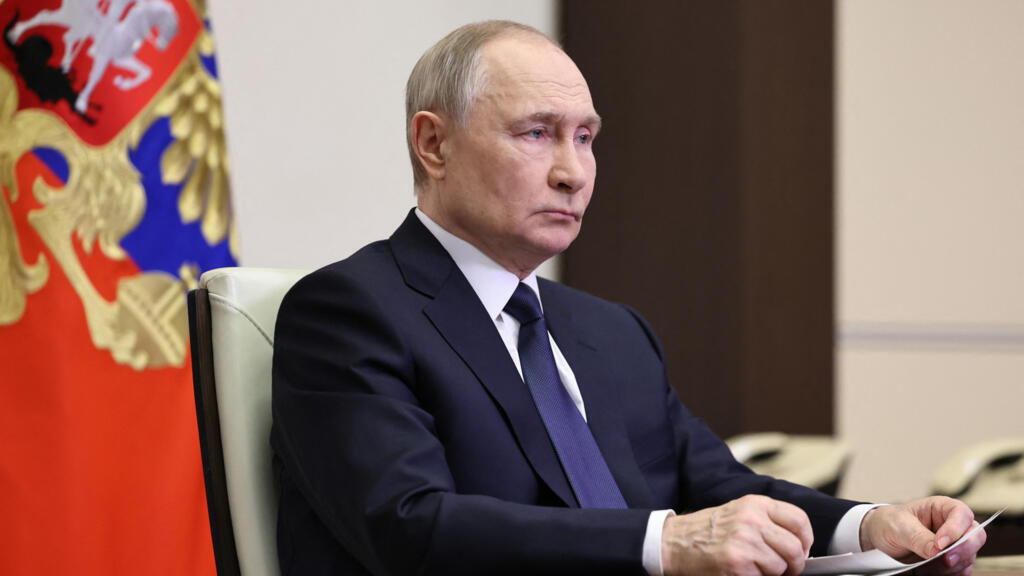French Foreign Minister Jean-Noël Barrot announced on Thursday that European countries are preparing to implement a new round of sanctions against Russia. This statement was made after a significant meeting with his U.S. counterpart in Washington, D.C. The discussions between the two officials reflect the ongoing diplomatic efforts to address the conflict in Ukraine and the broader geopolitical ramifications of Russia's actions.
During the meeting, Barrot stated that Russian President Vladimir Putin is the "sole obstacle" to peace in Ukraine. This assertion underscores the European nations' perspective on the necessity of holding Russia accountable for its military aggression and supporting Ukraine's sovereignty. By positioning Putin as the primary impediment to peace, Barrot highlights the need for a united front among Western nations to counter Russian narratives and actions.
The proposed sanctions are part of a systematic approach by European countries to apply economic pressure on Russia in response to its ongoing military operations in Ukraine. These sanctions are designed not only to impact the Russian economy but also to signal solidarity with Ukraine and support its ongoing defense efforts. The discussions in Washington, D.C., particularly between Barrot and U.S. Secretary of State Antony Blinken, focused on coordinating efforts to ensure that the measures taken are effective and comprehensive.
Barrot's comments come at a time of heightened tensions in the region, with ongoing battles in Ukraine and significant challenges to the peace process. European governments are looking to refine and expand the sanctions framework to address loopholes that may exist from previous rounds of sanctions. This approach reflects a recognition that a robust response is necessary to deter further aggression from Russia.
In addition to the sanctions, Barrot emphasized the importance of diplomatic efforts to resolve the conflict. While sanctions serve as a tool for economic pressure, the ultimate goal remains achieving a peaceful resolution to the hostilities in Ukraine. The discussions between European and American leaders are part of a continuous dialogue aimed at not only addressing immediate concerns but also laying the groundwork for long-term stability in the region.
The ongoing support for Ukraine, both militarily and economically, has become a focal point for Western nations. As the conflict continues, the international community is urging for a more aggressive stance against Russia, advocating for measures that could lead to a decrease in hostilities and the establishment of a lasting peace.
In summary, the meeting in Washington, D.C., marks another step in the collaborative efforts of Western nations to address the challenges posed by Russia's actions in Ukraine. With European countries preparing new sanctions and reinforcing their unity, the international community remains steadfast in its support for Ukraine and its sovereignty. The situation continues to evolve, and the international response will be critical in shaping the future of the region.











